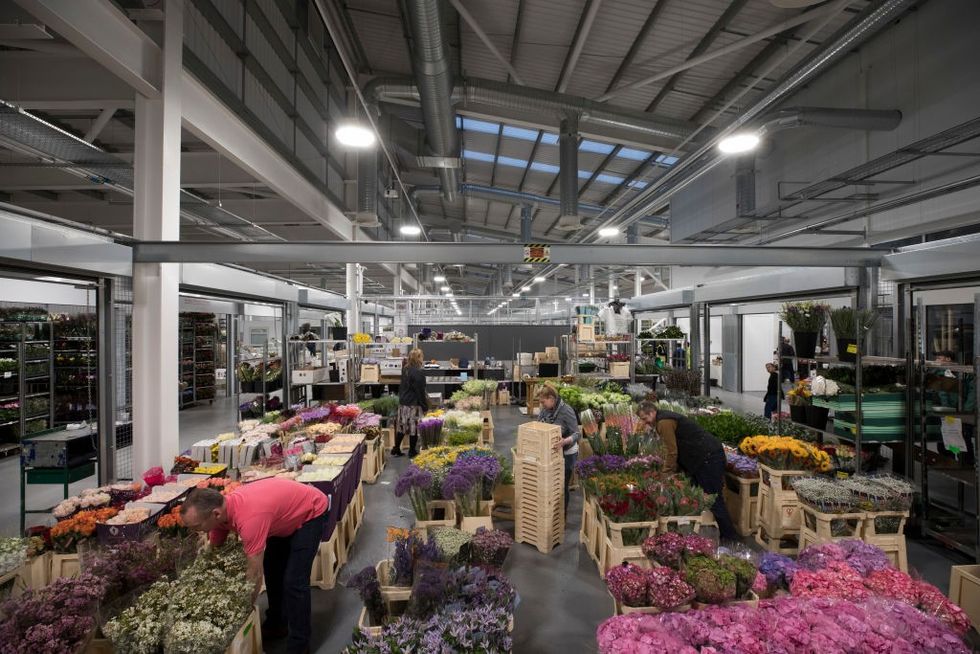Coca-Cola Europacific Partners (CCEP), the largest independent bottler of Coca-Cola globally, has donated 8,230 volunteering hours – the equivalent of someone spending every hour of every day for almost a year – to good causes in Great Britain in 2022, as part of its commitment to supporting local communities.
CCEP invested almost £1million in charitable donations through its community and volunteering initiatives last year, with almost £200,000 in funds going directly to causes supported and chosen by the business’ employees.
Around 1,200 CCEP volunteers were involved in the business’ volunteering programme, representing a quarter of the business’ workforce in GB. The number of hours that colleagues gave towards volunteering for good causes in 2022 was 33 per cent higher than the previous year, and surpassed the business' target of 7,000 hours combined across all colleagues in GB.
CCEP is also working to tackle food poverty by donating surplus products in partnership with food surplus partner FareShare, as well as charities and social enterprises like Community Shop. The business donated almost 2.3million drinks to charities in 2022 as part of its efforts to support households in need.
As part of CCEP’s global commitment to support the skills development of 500,000 people facing barriers in the labour market by 2030, CCEP launched its Building Connections programme with leading youth charity, UK Youth. Aimed at helping youth workers to create stronger pathways to employment for young people, the programme successfully reached 290 young people last year, with plans for a further rollout in 2023.
The business’ roster of charities continues to grow, and, last year, CCEP extended its partnership with sports training and competition provider for people with intellectual disabilities, Special Olympics GB. Through the ‘Unified Business’ project, CCEP volunteers supported three of the charity’s athlete entrepreneurs to create and sell Christmas gift boxes containing their products, while showcasing the achievement and potential of people with intellectual disabilities.
Holly Firmin, Senior Community Partnerships Manager at Coca-Cola Europacific Partners (CCEP) GB, said: “As the cost-of-living crisis continues to take hold, we’re more committed than ever to supporting local communities and beyond, donating our time and raising funds for those who need it. Our partnerships with local charitable organisations play a hugely important role in this, helping us to deliver a positive, more meaningful impact on issues like climate change, packaging waste and water stewardship.
“Our volunteering programme continues to go from strength-to-strength, and it’s thanks to the many passionate people in the business who help to make this happen, as well as all of our brilliant charity partners. Employee engagement in volunteering is currently at its highest level ever seen in our business, with hundreds of colleagues putting their name forward, taking part in volunteering and showing their unwavering commitment to specific causes close to their hearts.”












 The New Covent Garden Flower Market in Nine Elms opened it's doors on April 3, 2017 after moving from it's previous site, also in Nine Elms where it had been since 1974Photo by Dan Kitwood/Getty Images
The New Covent Garden Flower Market in Nine Elms opened it's doors on April 3, 2017 after moving from it's previous site, also in Nine Elms where it had been since 1974Photo by Dan Kitwood/Getty Images









